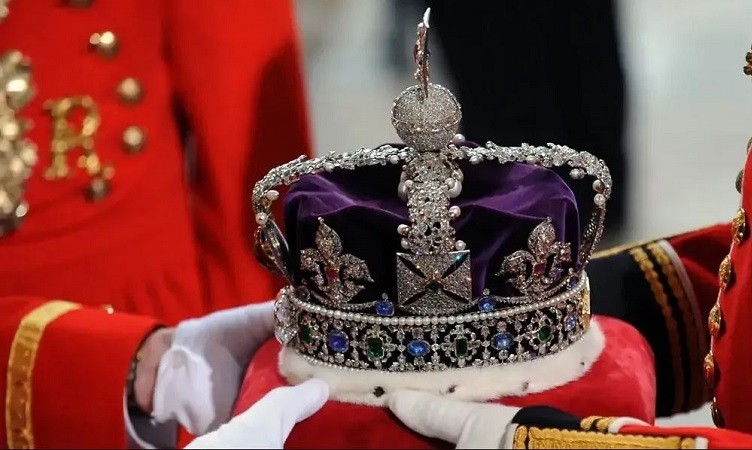
THIS DAY IN HISTORY: On the 2nd of August 1858, a momentous event took place in the annals of Indian history. The British Parliament passed a historic bill that marked the end of the East India Company's rule over India and paved the way for direct governance by the British Crown. This landmark legislation, known as the Government of India Act 1858, came into effect on November 1st of the same year. The transfer of administration from a trading corporation to the British government had far-reaching implications that would shape India's destiny for years to come.
The East India Company and Its Rule in India: The East India Company was established in 1600 as a commercial entity with the primary objective of trading with the Indian subcontinent and other Asian countries. Over time, it expanded its presence and influence, ultimately establishing a de facto rule over vast regions of India. What began as a trading company gradually transformed into a political and administrative entity, governing large territories under its control.
The company's rule had its ups and downs, characterized by economic exploitation, political maneuvering, and significant military conquests. The Company's "divide and rule" strategy further aggravated tensions among various Indian kingdoms and princely states, making it easier for the British to assert control over the subcontinent.
The Need for a Change: By the mid-19th century, several factors led to growing discontent with the East India Company's administration. Numerous rebellions, such as the Sepoy Mutiny of 1857, also known as the First War of Independence, exposed the inherent flaws in the company's governing methods. The Indian Rebellion was a significant turning point, as it underscored the need for a more accountable and centralized administration in India.
Queen Victoria's Proclamation: In the aftermath of the Indian Rebellion, the British Crown decided to take direct control over India. On November 1, 1858, Queen Victoria issued a proclamation, popularly known as the Queen's Proclamation or the Proclamation of 1858. In this proclamation, Queen Victoria declared that the governance of India would be directly undertaken by the British Crown.
The proclamation emphasized the Crown's commitment to treating all its subjects in India with equality and justice, regardless of their religion or ethnicity. It also pledged to respect the customs, traditions, and beliefs of the Indian people. While the proclamation aimed to soothe Indian sentiments and gain the trust of the population, it was also a clear assertion of British imperial authority.
The Government of India Act 1858: The passing of the Government of India Act 1858 in the British Parliament was the legislative foundation for the transfer of power from the East India Company to the British Crown. This act abolished the East India Company's role in governance and transferred all its powers, assets, and territories to the British Crown.
Under this act, the governance of India was restructured with the establishment of the Secretary of State for India and the India Office in London. The Secretary of State for India became the primary authority responsible for Indian affairs, advising the British Crown on matters related to India.
The act also created the position of the Viceroy of India, who served as the Crown's representative and the highest-ranking official in India. The Viceroy, supported by a team of appointed officials, became the de facto ruler of India, implementing policies and directives issued by the British government.
The passing of the Government of India Act 1858 marked a significant milestone in Indian history. It heralded the end of the East India Company's rule and ushered in a new era of direct governance by the British Crown. While the act promised a more equitable administration and recognition of Indian customs, it also consolidated British imperial control over the Indian subcontinent.
The effects of this pivotal moment in history can still be felt today, as India's colonial past has played a crucial role in shaping its socio-political landscape. The struggle for independence that followed and the subsequent efforts to build a democratic nation reflect the enduring impact of the events that transpired on the 2nd of August 1858.